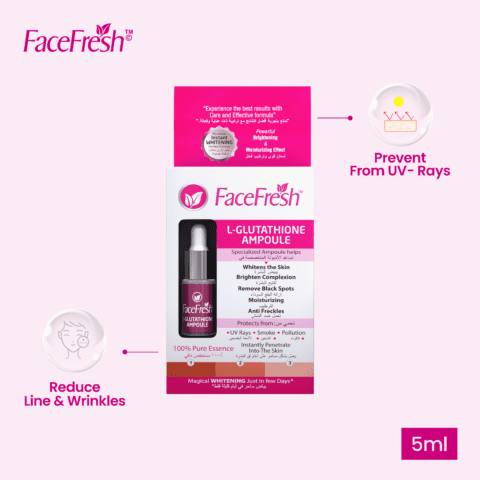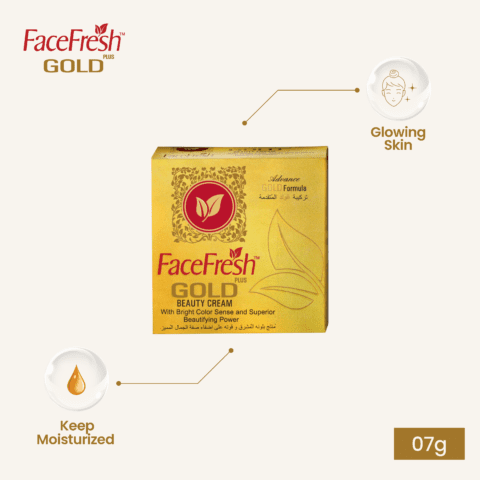- Introduction
- Understanding the Sun’s Effects on the Skin
- The Importance of Sun Protection
- Key Factors in Sun Protection
- Choosing the Right Sunscreen
- Applying Sunscreen Correctly
- Wearing Protective Clothing
- Seeking Shade
- Using Accessories for Sun Protection
- Sun Protection for Different Skin Types
- Tips for Safe Sun Exposure
- The Link Between Sunburns and Skin Cancer
- Common Myths About Sun Protection
- Myth 1: Only Fair-Skinned People Need Sunscreen
- Myth 2: You Don’t Need Sunscreen on Cloudy Days
- Myth 3: Sunscreen Blocks Vitamin D Production
- Integrating Sun Protection into Daily Routine
- Conclusion
- FAQs
1. Introduction
Spending time outdoors and enjoying the sunshine is a wonderful experience, but it’s essential to protect your skin from the harmful effects of the sun. The sun emits ultraviolet (UV) radiation, which can cause various skin problems, including sunburn, premature aging, and an increased risk of skin cancer. In this article, we will explore effective strategies for safeguarding your skin from the sun’s harmful rays.
2. Understanding the Sun’s Effects on the Skin
The sun emits two types of harmful UV radiation: UVA and UVB. UVA rays penetrate deep into the skin, leading to premature aging and wrinkling. UVB rays are primarily responsible for sunburns. Both types of radiation can damage the DNA in your skin cells, potentially resulting in skin cancer. It’s crucial to protect yourself from both UVA and UVB rays.
3. The Importance of Sun Protection
Protecting your skin from the sun is vital for maintaining its health and appearance. Sun damage accumulates over time and can cause significant harm. By adopting sun protection practices, you can minimize the risk of sunburns, skin aging, and skin cancer.
4. Key Factors in Sun Protection
Choosing the Right Sunscreen
Selecting an appropriate sunscreen is crucial for effective sun protection. Look for a broad-spectrum sunscreen that protects against both UVA and UVB rays. Additionally, opt for a sunscreen with a sun protection factor (SPF) of 30 or higher. This ensures that your skin is shielded from harmful UV radiation.
Applying Sunscreen Correctly
Applying sunscreen correctly enhances its effectiveness. Before heading outdoors, generously apply sunscreen to all exposed areas of your skin. Don’t forget commonly overlooked areas such as the ears, neck, and back of the hands. Reapply sunscreen every two hours, or more frequently if you are swimming or sweating.
Wearing Protective Clothing
One of the simplest and most effective ways to shield your skin from the sun is by wearing protective clothing. Opt for lightweight, tightly woven fabrics that cover your arms, legs, and neck. Wide-brimmed hats and sunglasses provide additional protection for your face and eyes.
Seeking Shade
When the sun’s rays are at their strongest, typically between 10 a.m. and 4 p.m., seek shade whenever possible. Trees, umbrellas, or canopies offer excellent protection against direct sunlight. Limiting your exposure during these peak hours reduces the risk of sunburn and other sun-related skin damage.
Using Accessories for Sun Protection
Accessories like umbrellas and sun-protective umbrellas can be invaluable in providing shade and reducing direct sun exposure. They are particularly useful during outdoor activities such as picnics, beach outings, or attending outdoor events.
5. Sun Protection for Different Skin Types
Different skin types have varying levels of sensitivity to the sun. Individuals with fair skin are generally more susceptible to sunburn and require extra protection. However, people with darker skin tones should also prioritize sun protection to prevent long-term damage and skin cancer. Regardless of your skin type, adopting sun protection measures is essential.
6. Tips for Safe Sun Exposure
While it’s crucial to protect your skin from the sun, a moderate amount of sun exposure is beneficial for vitamin D production. Spend a limited amount of time outdoors without sunscreen to allow your body to generate vitamin D naturally. However, always remember to apply sunscreen after the recommended time to avoid overexposure.
7. The Link Between Sunburns and Skin Cancer
Sunburns significantly increase the risk of developing skin cancer. It is crucial to avoid getting sunburned, as it indicates excessive exposure to harmful UV radiation. By practicing proper sun protection techniques, you can minimize the chances of sunburn and reduce the risk of skin cancer.
8. Common Myths About Sun Protection
Myth 1: Only Fair-Skinned People Need Sunscreen
This is a common misconception. People of all skin tones can experience sun damage and are at risk of skin cancer. Regardless of your complexion, make sunscreen a part of your daily routine.
Myth 2: You Don’t Need Sunscreen on Cloudy Days
Even on cloudy days, harmful UV rays can penetrate the clouds and reach your skin. It is essential to apply sunscreen regardless of the weather conditions to ensure consistent sun protection.
Myth 3: Sunscreen Blocks Vitamin D Production
While sunscreen can reduce the production of vitamin D to some extent, the benefits of sun protection far outweigh the risks. You can maintain adequate vitamin D levels through a combination of controlled sun exposure and dietary sources.
9. Integrating Sun Protection into Daily Routine
Incorporating sun protection into your daily routine is key to safeguarding your skin effectively. Make it a habit to apply sunscreen before leaving the house, wear protective clothing, and seek shade when necessary. These small but significant steps will go a long way in preserving the health and beauty of your skin.
10. Conclusion
Protecting your skin from the sun is essential for maintaining its health and reducing the risk of sun damage. By following the tips and strategies outlined in this article, you can enjoy the outdoors while keeping your skin safe. Remember to choose the right sunscreen, wear protective clothing, seek shade, and debunk common sun protection myths. With these practices, you can safeguard your skin and enjoy the sun responsibly.




Leave a comment
Your email address will not be published. Required fields are marked *